Reporter is Perplexed Why Greenway Doesn’t Offer a Class about Sex
November 30, 2021

REPORTER IS PERPLEXED WHY GREENWAY DOESN’T OFFER A CLASS ABOUT SEX
“I think sex education class should be required because it’s a part of life and students will have to learn it one way or another,” Senior Megan Waller said.
“Our District has never offered a course directly identified as sex education. We have offered a health course in the past. This “elective” course introduced students to human anatomy, reproduction, and sexual health among other topics of a health curriculum such as diet, nutrition, and healthy lifestyles,” Principal Ed Barnes said.
“We removed it because the availability of “elective” courses offered to students are dependent on several factors such as student interest, teacher certification, graduation requirement and so on. It is unfortunate that we do not offer a health course, but many of the topics covered from that curriculum are presented to students in other courses such as science and physical education courses,” Barnes said.

“Yes! A sex education class would be great to have for students. Everyone needs to know how their body works and how it changes through not only their teenage years but through their 20’s, and beyond. With the internet at everyone’s fingertips, the chances of finding misleading or wrong information are high. Learning in a school environment would provide safe, accurate, and consistent information from a trained professional. Such a class would give students a safe place to ask questions,” Math teacher Mr. Mrozinski said.

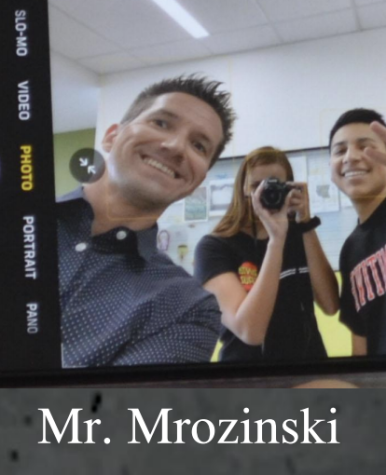
According to Natalie Proulx’s article “What Has Your Sex Education Been Like” in The New York Times, “Studies have repeatedly shown that abstinence-only education increase rates of teenage pregnancy transmitted disease, while comprehensive sex education lowers such risk. But according to the Centers for Disease Control and Prevention, from 2000 to 2014, schools that required sex education dropped to 48 percent from 67 percent, with half of middle schools and more than three-quarters of high schools focusing on abstinence. Only a quarter of middle schools and three-fifths of high schools included lessons about birth control.
According to Grace Tatter’s article “Sex Education that Goes Beyond Sex” in Harvard Graduate School of Education, “But the idea behind the curriculum is that tough conversations are worth having. Simply teaching students how to ask for consent isn’t enough, says Lamb, a professor of counseling psychology at UMass Boston, who has been researching the intersection between caring relationships, sex, and education for decades. Students also have to understand why consent is important and think about consent in a variety of contexts. At the heart of that understanding are questions about human morality, how we relate to one another, and what we owe to one another according to Lamb.

“When I looked at what sex ed was doing, it wasn’t only a problem that kids weren’t getting the right facts,” Lamb said. “It was a problem that they weren’t getting sex education that would make them treat others in a caring and just way.” She became self aware that when schools were talking about consent – if they were at all – it was in terms of self-protection. The message was get consent so you don’t get in trouble. But there’s more at play. Students should also understand the concept of mutuality – making decisions with a partner and understanding and addressing other people’s concerns or wishes – and spend time developing their own sense of right and wrong.

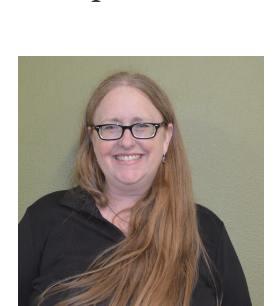
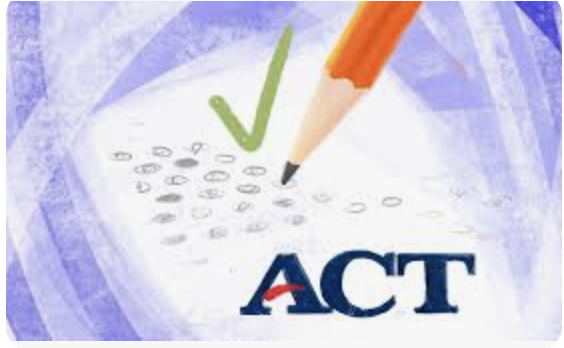









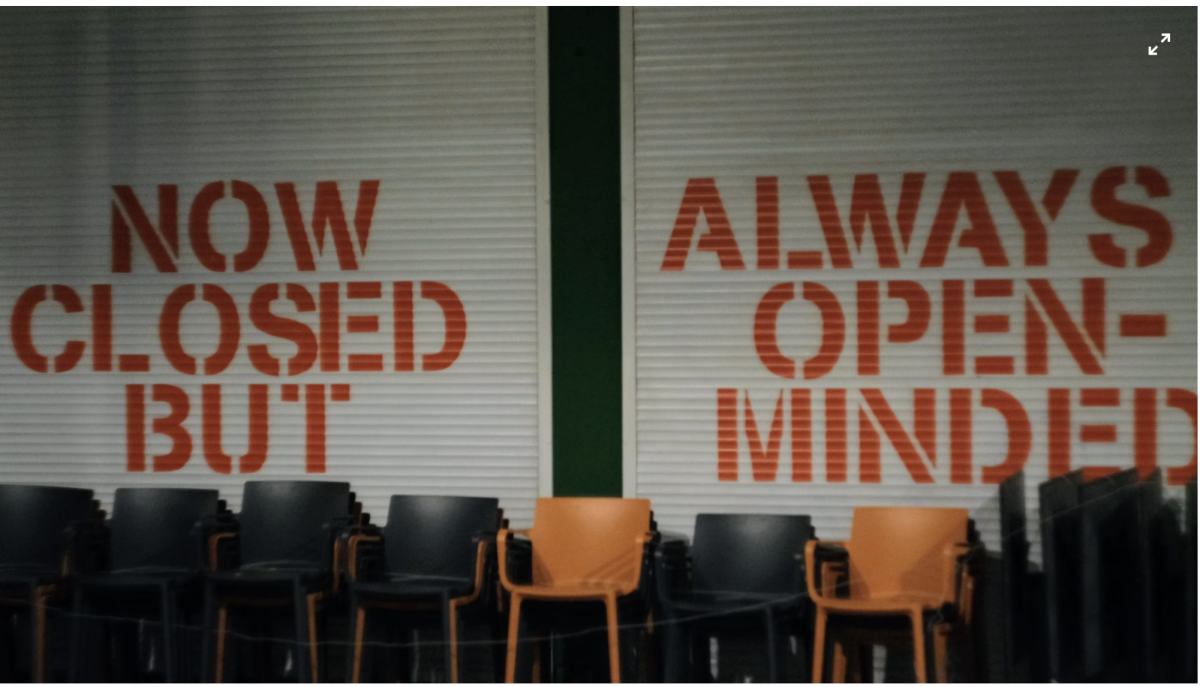
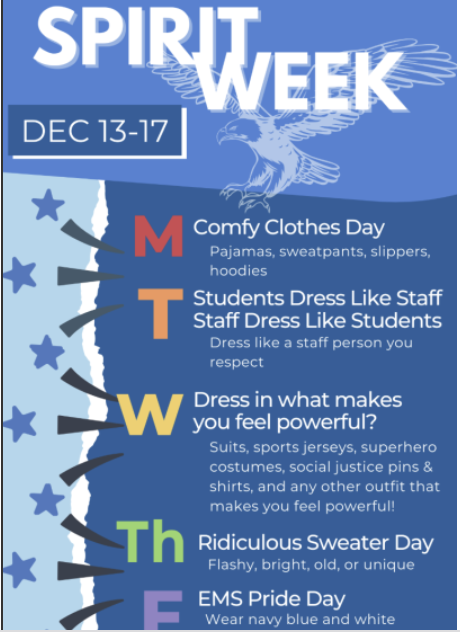








Mrs. Hernandez • May 9, 2022 at 12:23 pm
Whose standards about sex should we teach to? Why should I force a shy student to sit in a class about a very deep topic? Why should I be forced to discuss and teach about such a deep topic, not in my educational prevue? (They do not have bachelor’s degrees in sex education, by the way). What if something is said which goes against community or parental standards? Why should teachers have to teach a topic which should be a part of the home talk? Go ask your parent(s) and if they won’t talk to you about it, go ask your religious leader, or doctor, or a clinic.
Jeff Cox • Dec 6, 2021 at 2:29 pm
Well done covering a tough topic in a short news article! The main place a person should learn about sex is from their parents or guardians. These people are supposed to be the ones who care the most for their student and could provide information that is suitable from their family perspective. Going to places like Planned Parenthood is not a great idea because they have a one sided perspective on sex and pregnancy prevention/ending which many still find offensive and immoral. Planned Parenthood not only advocates abortion as a first choice to unwanted pregnancies, they do not offer other choices like adoption or keeping the baby. Planned Parenthood was founded by Margaret Sanger and she believed in eugenics and was a racist who believed that black people should not reproduce which is why Planned Parenthood was originally started. Planned Parenthood leadership has been caught trafficking in aborted baby parts on the black market and to pharmaceutical company’s. There are other choices for sex education in the Phoenix area that I would recommend such as: https://cfcare.org/ or https://www.choicesaz.com/learn/about-us/ and hopewomenscenter.org
All these places and many more, provide counseling, teaching and great information to anyone needing help with their sexual choices and education. I think one reason that Sex Ed as a subject in health classes in the district no longer exist is because the people in the educational system lean more toward the left in their politics and they ran head long into many parents who did not agree with their position or curriculum on the subject in some of the more controversial topics like abortion or birth control/abstinence.
Thanks for taking the time to read my remarks!